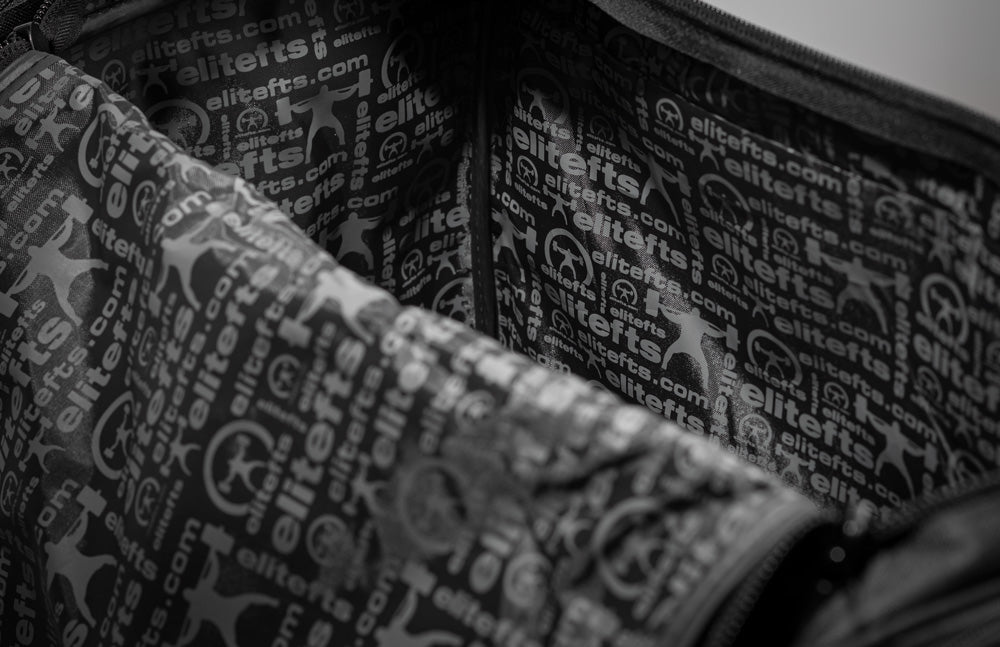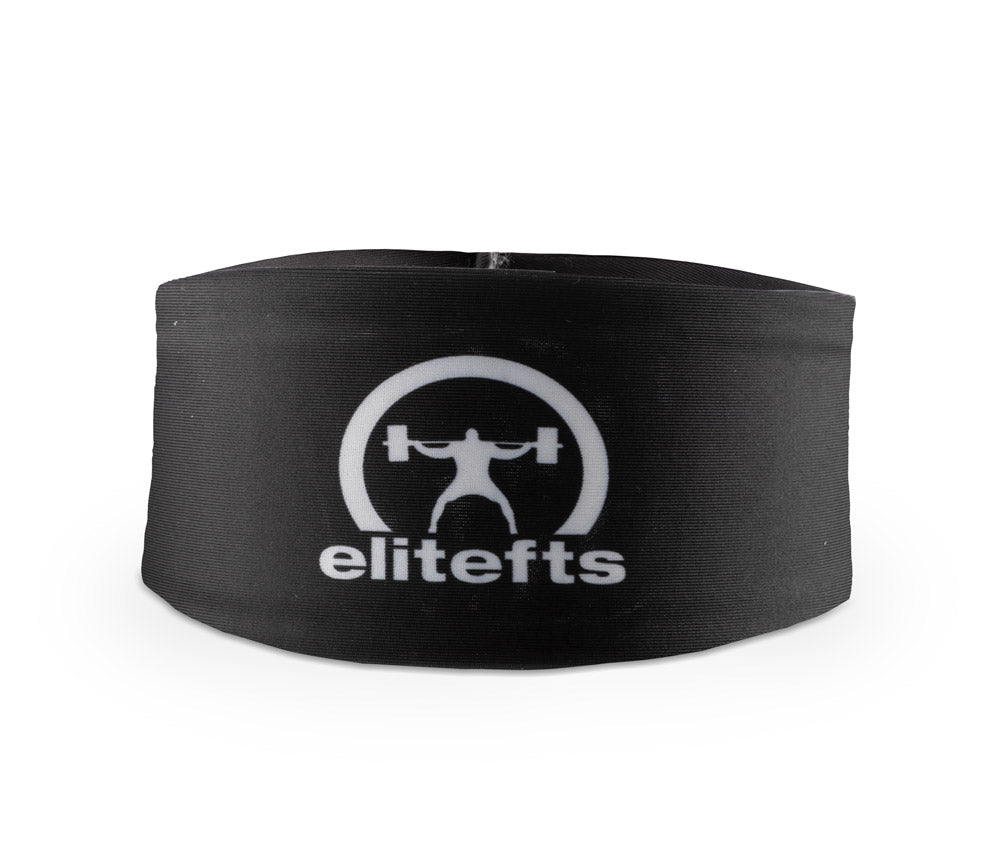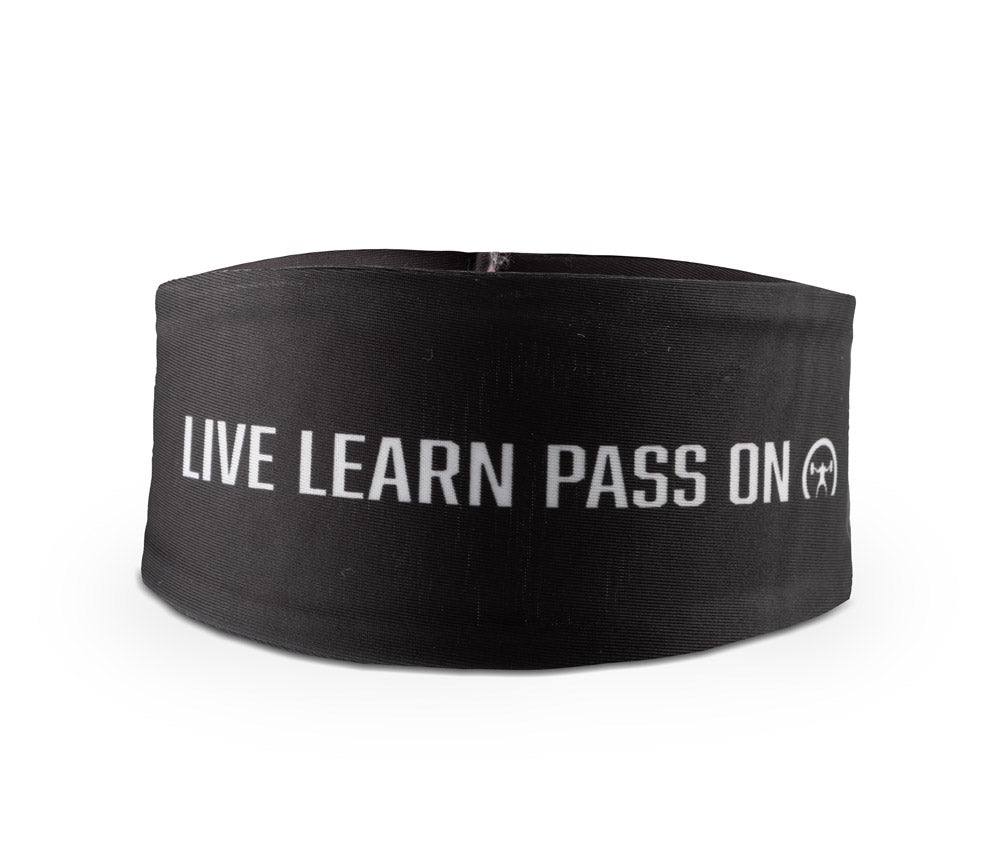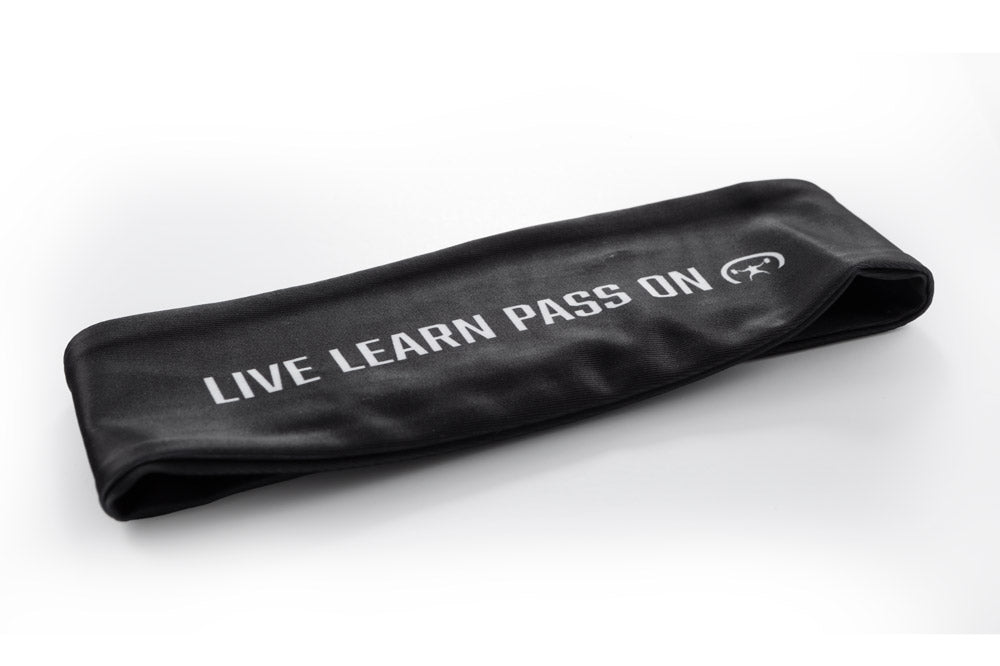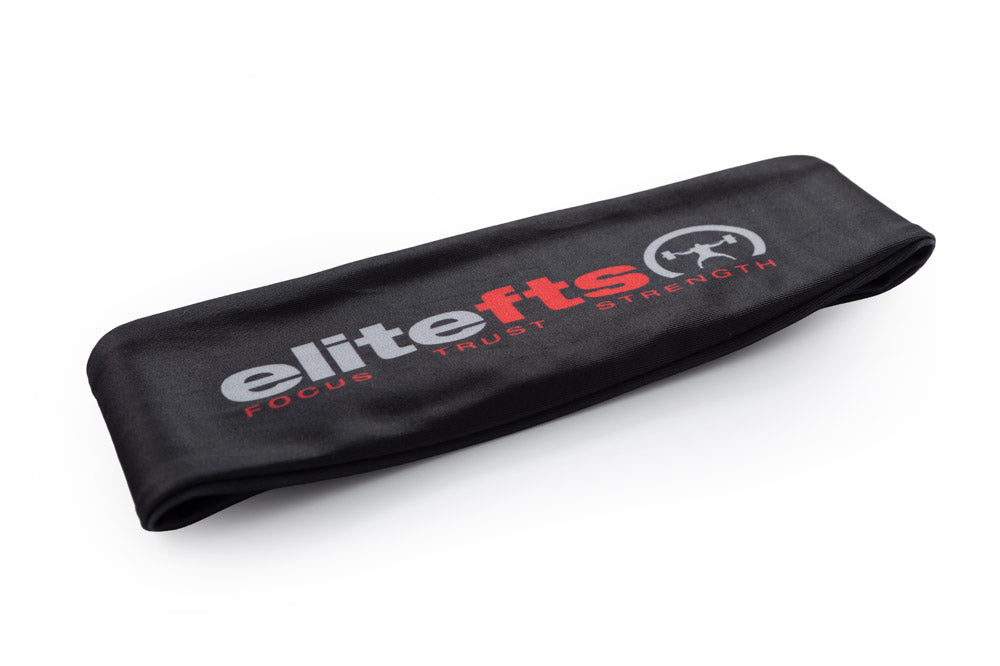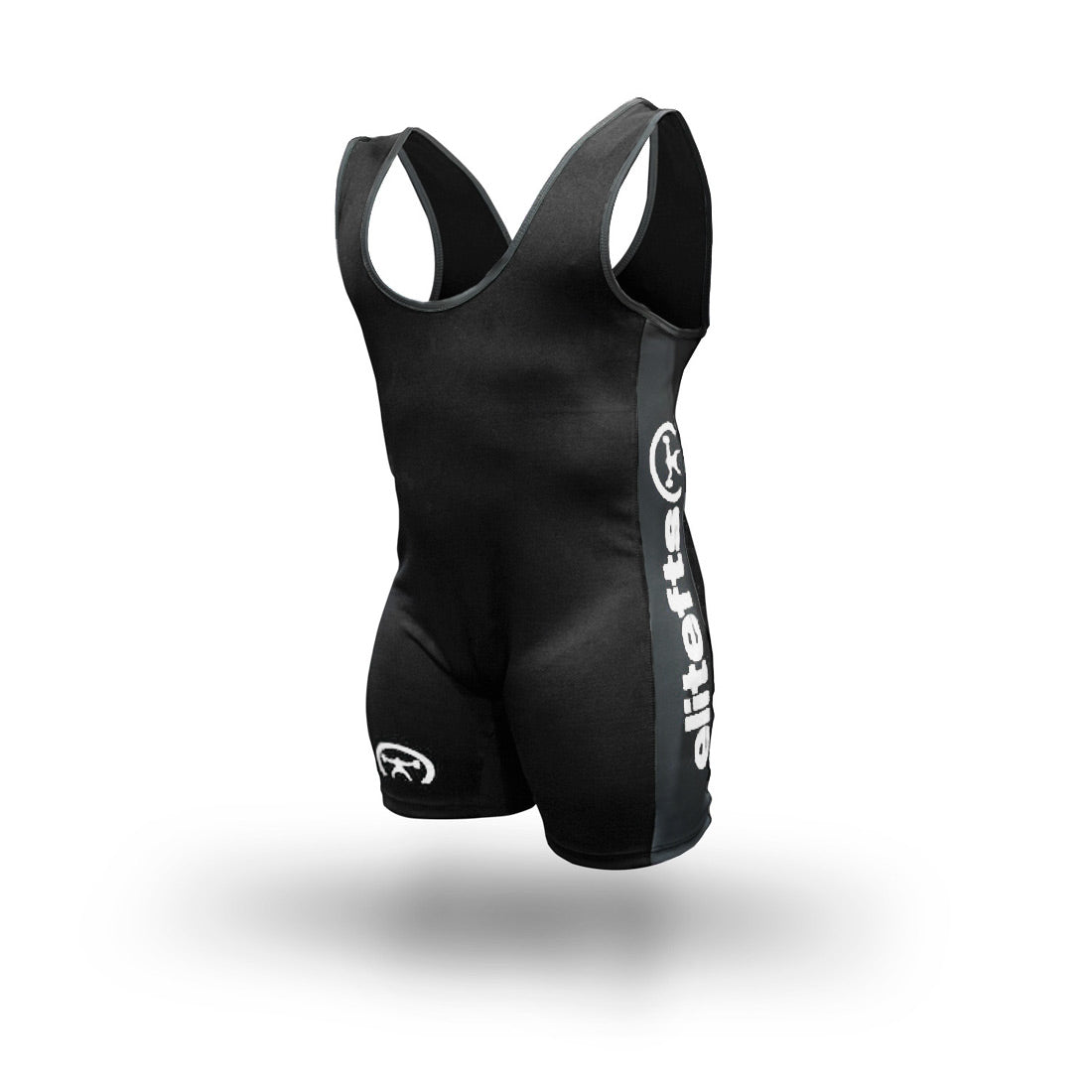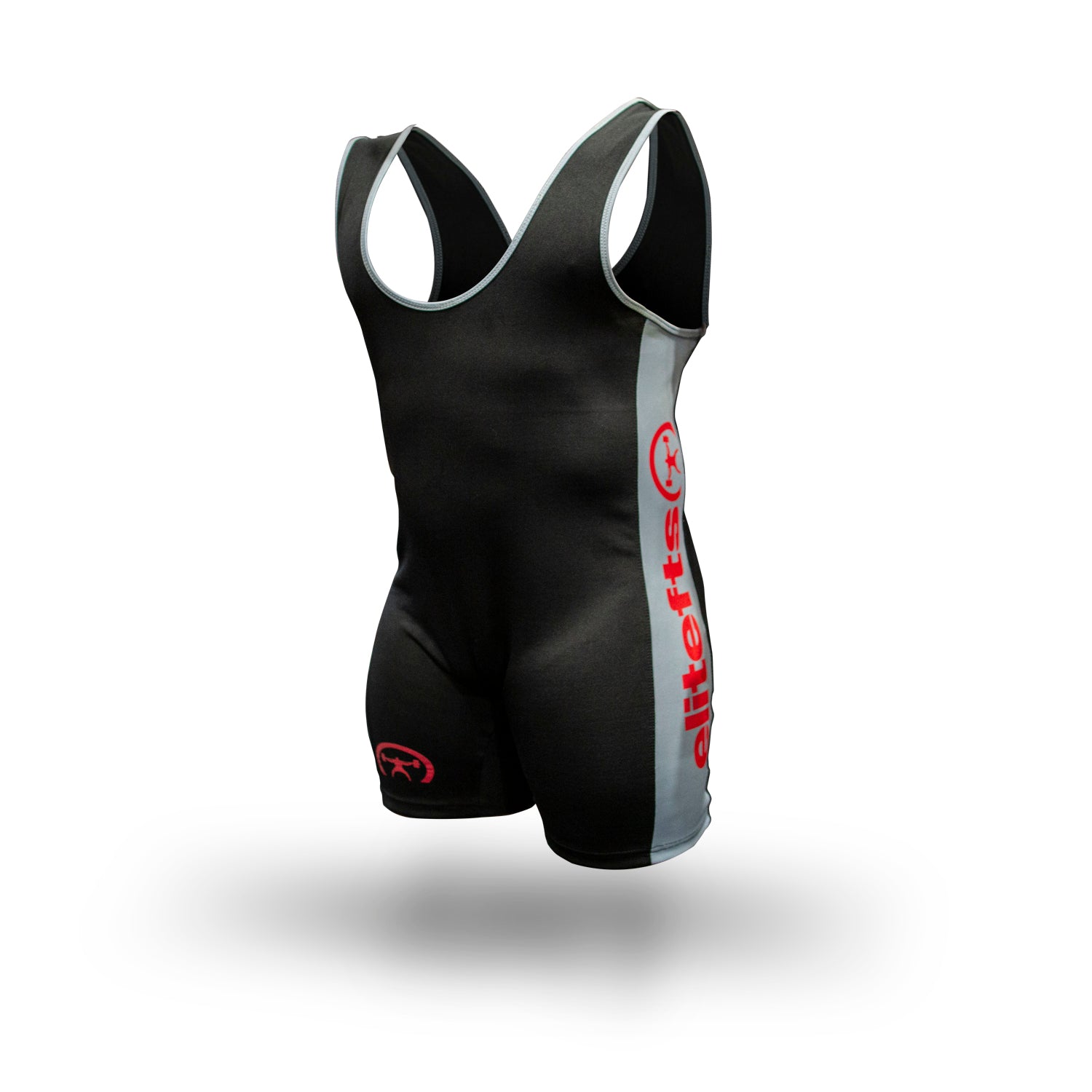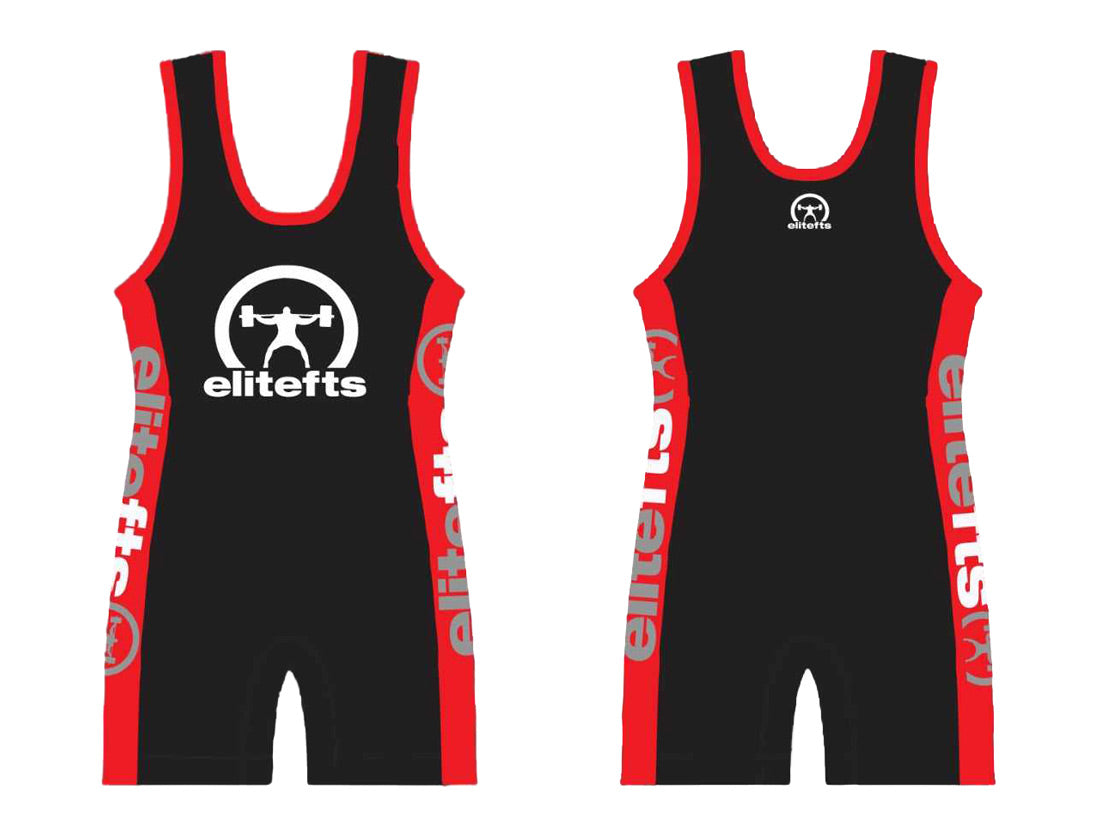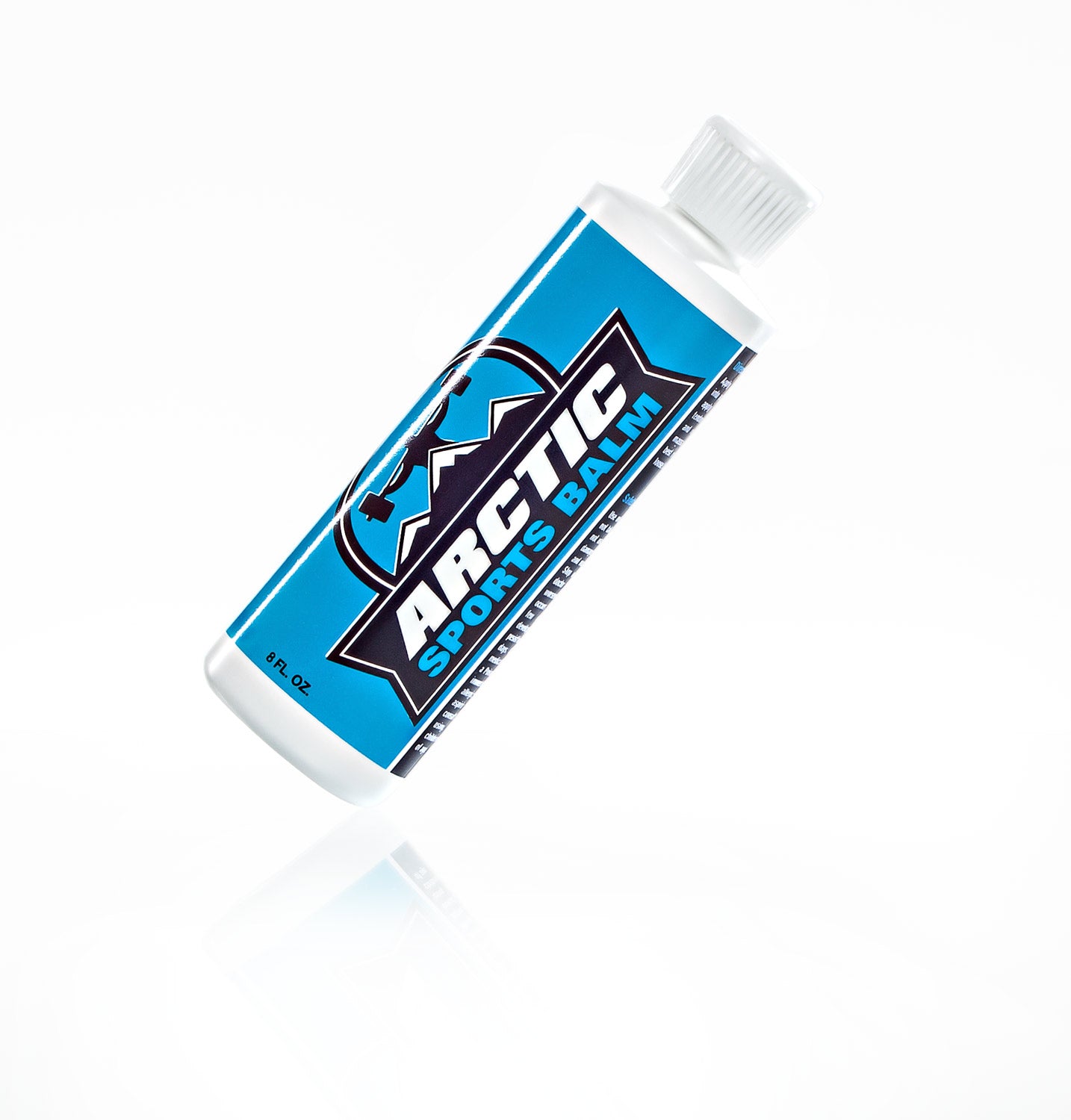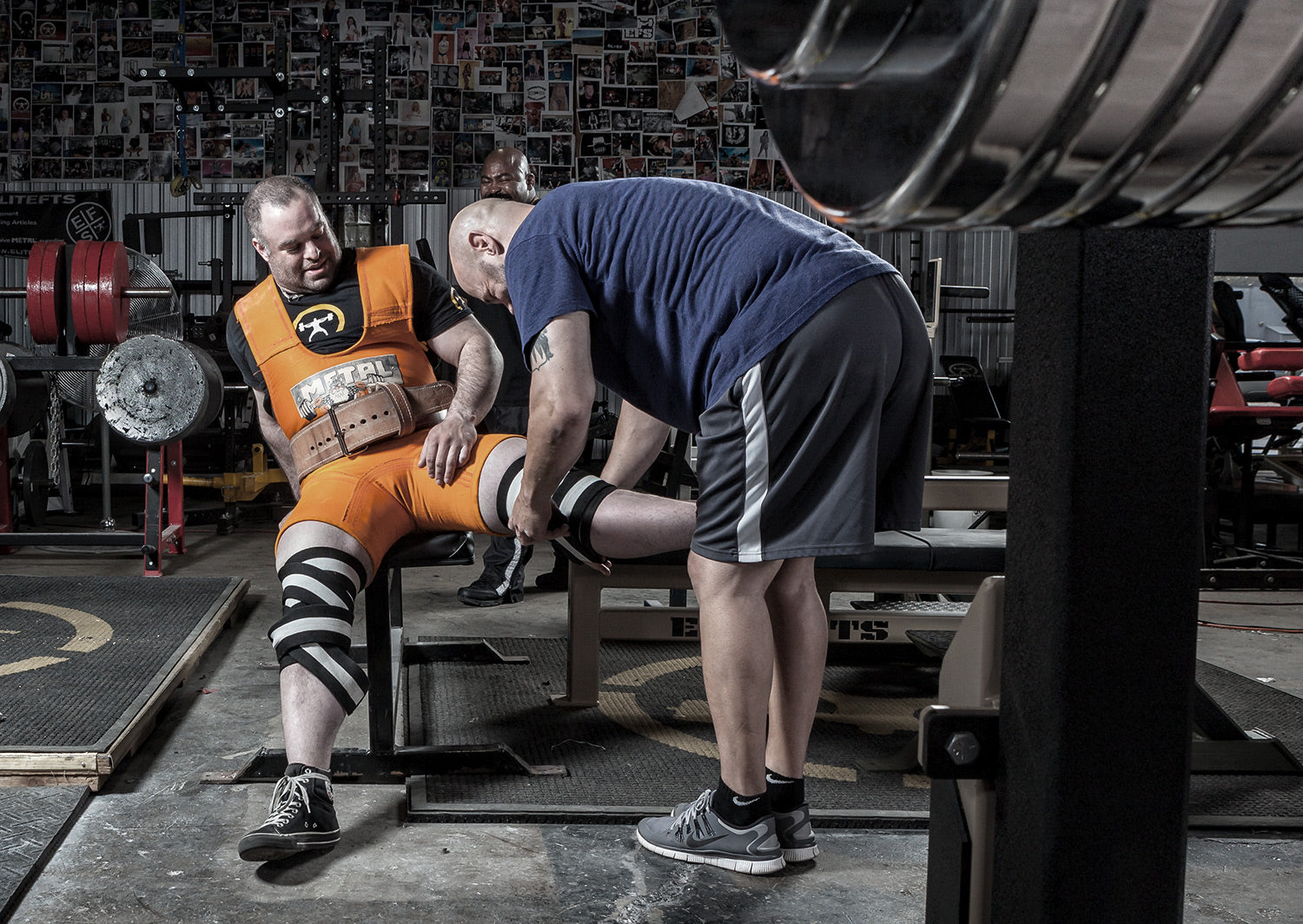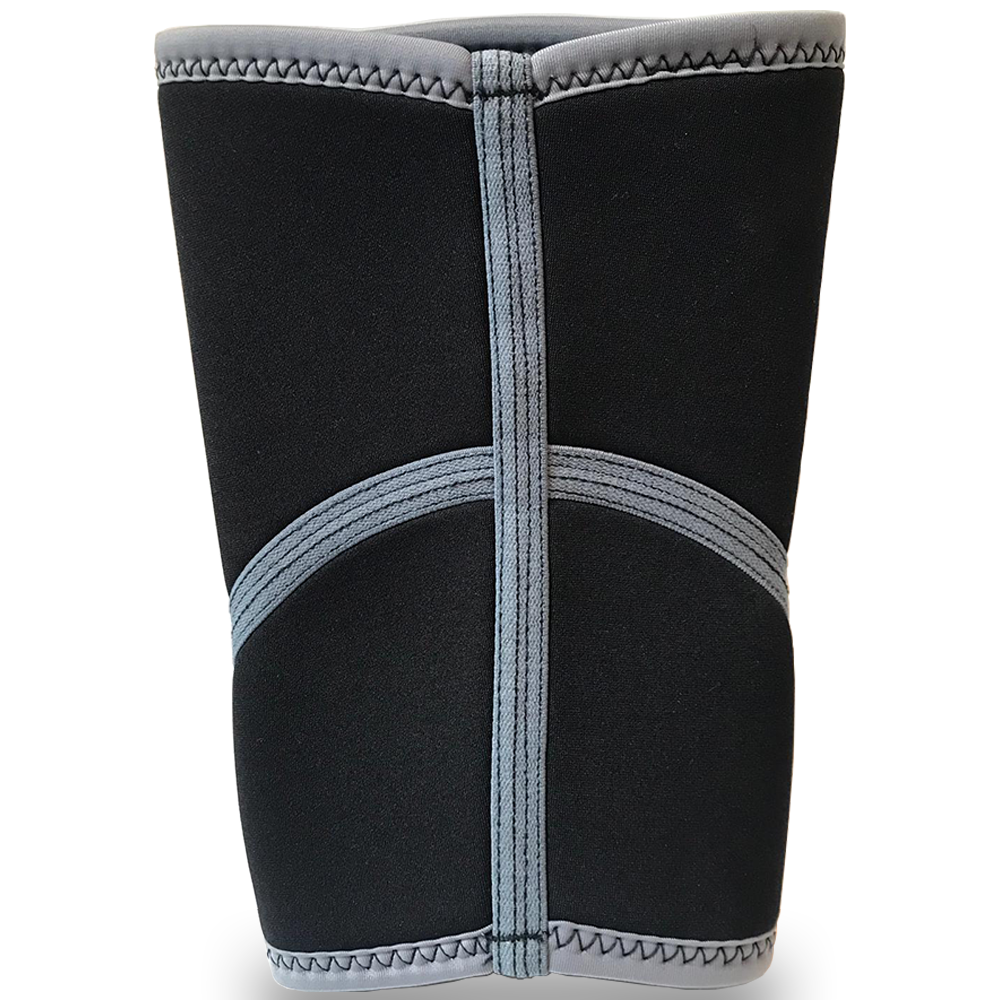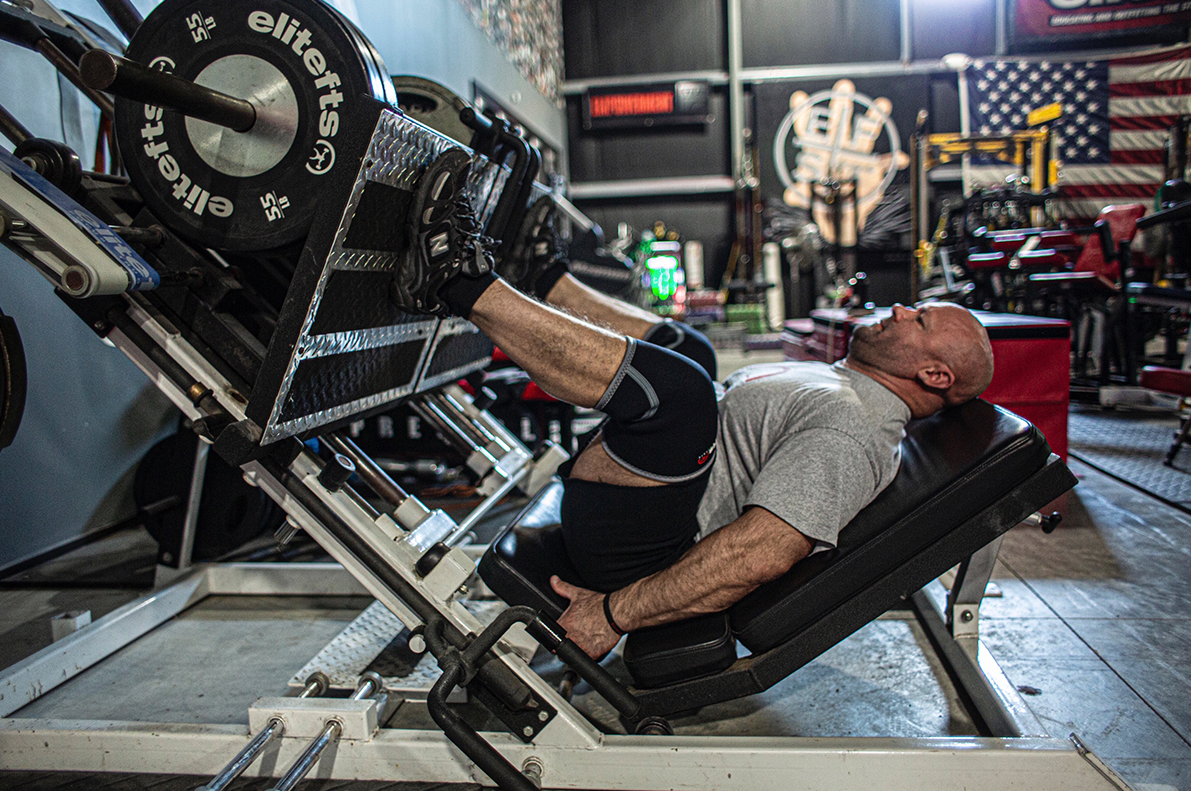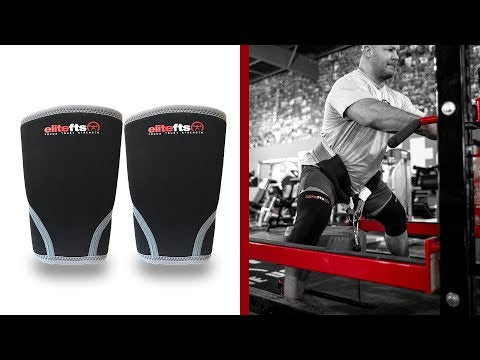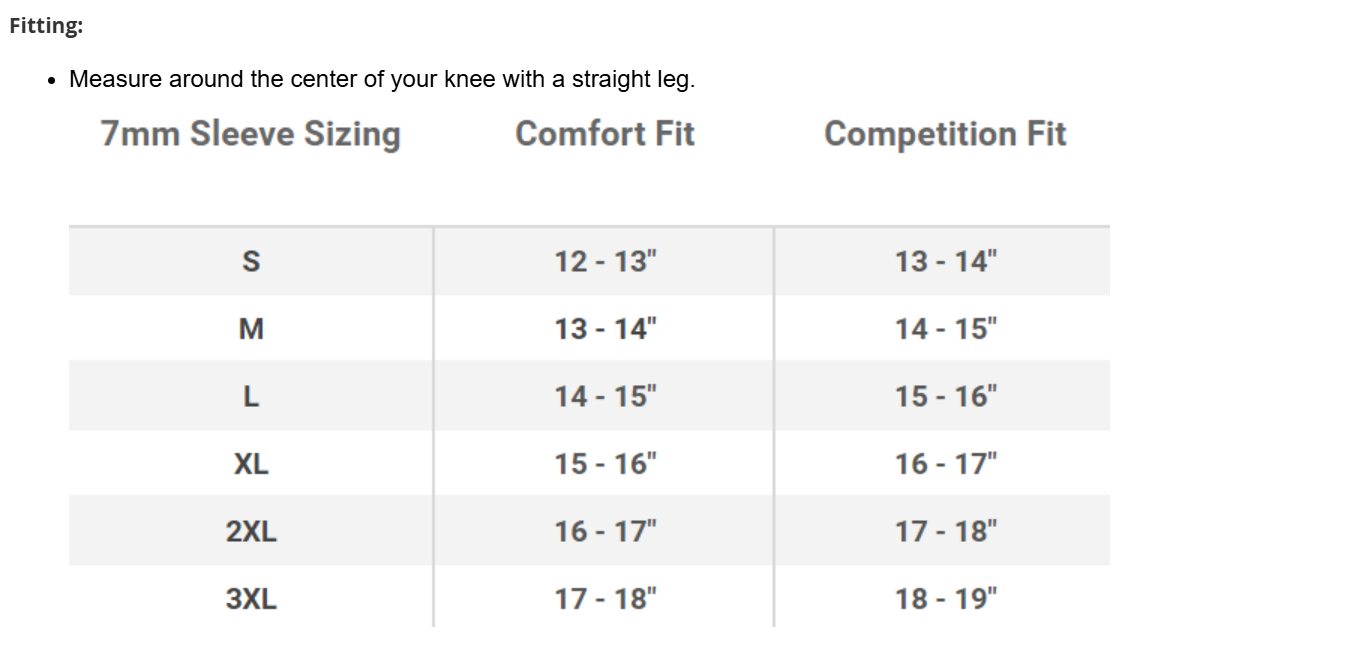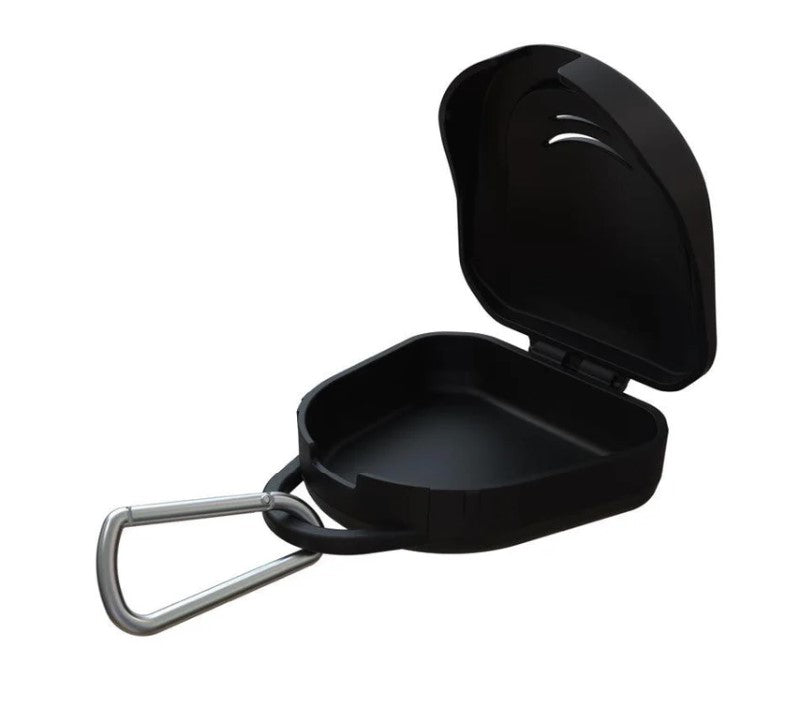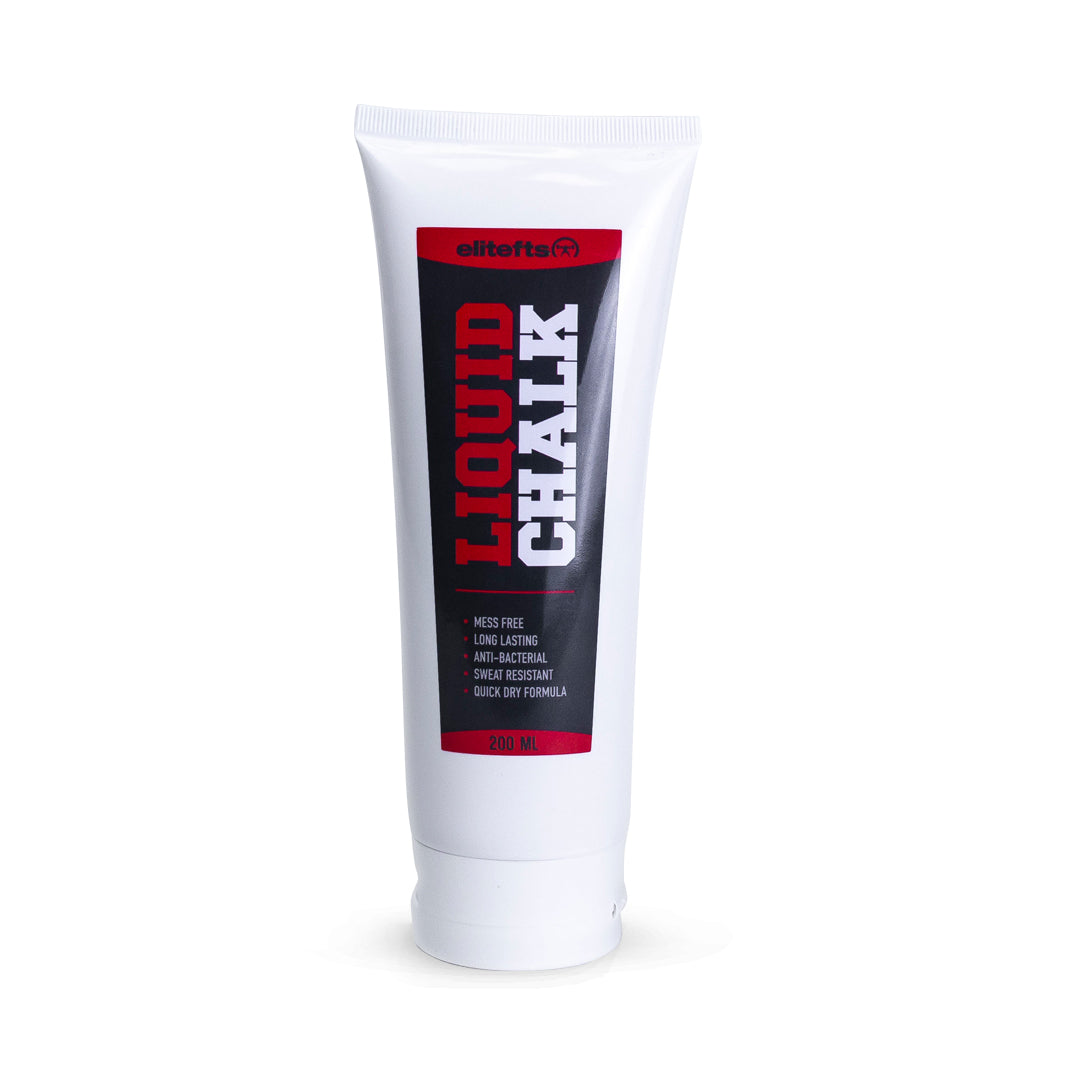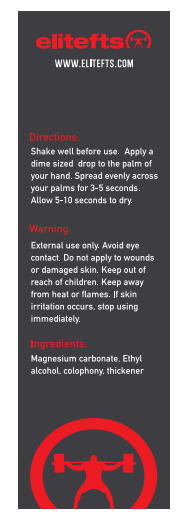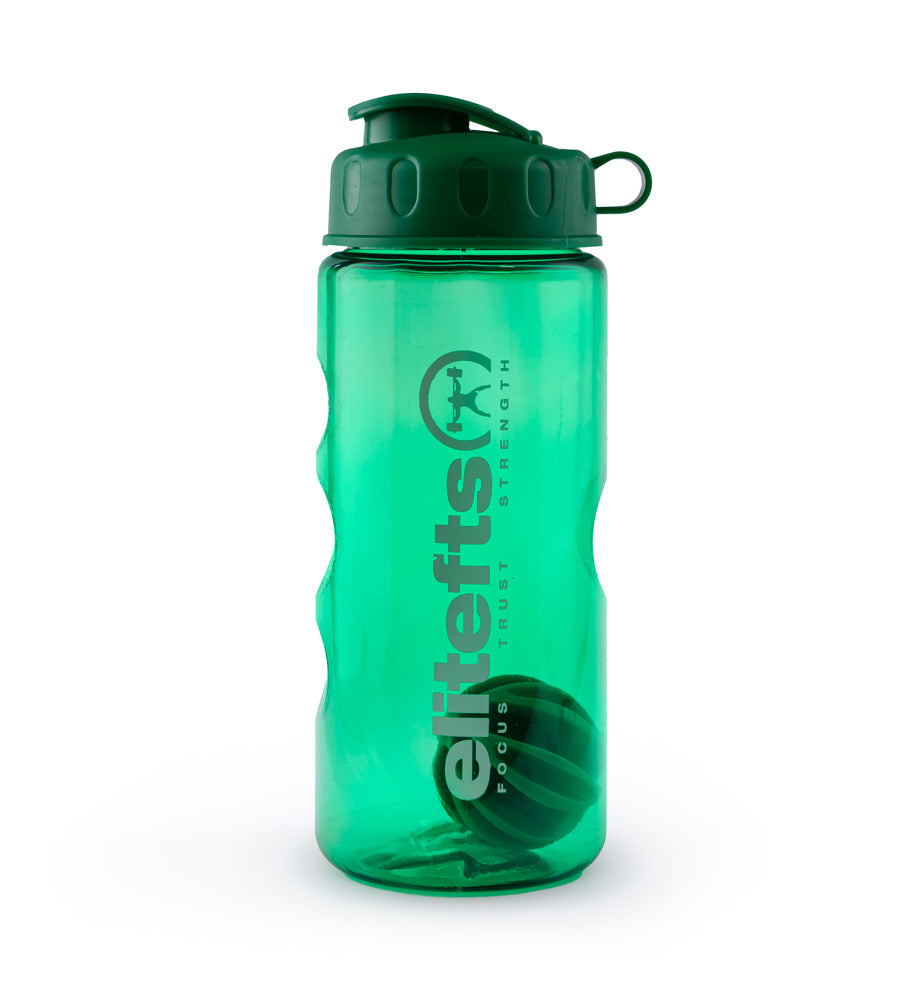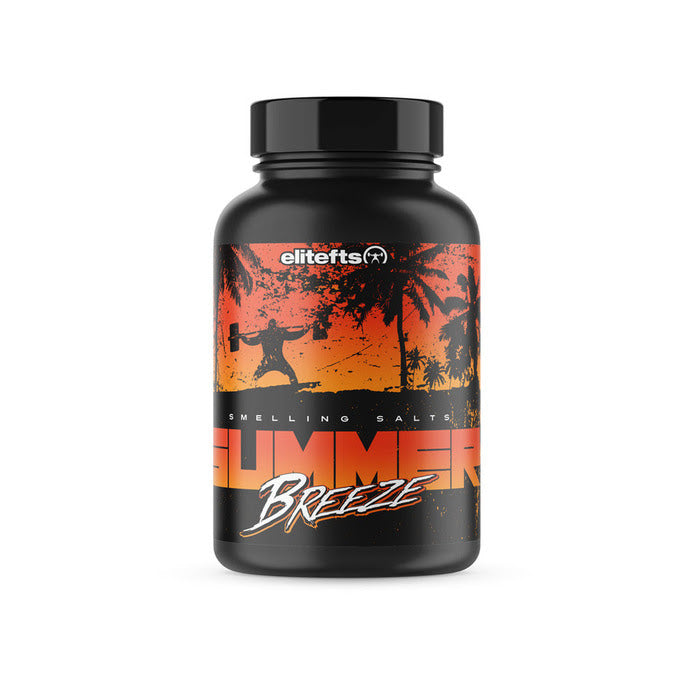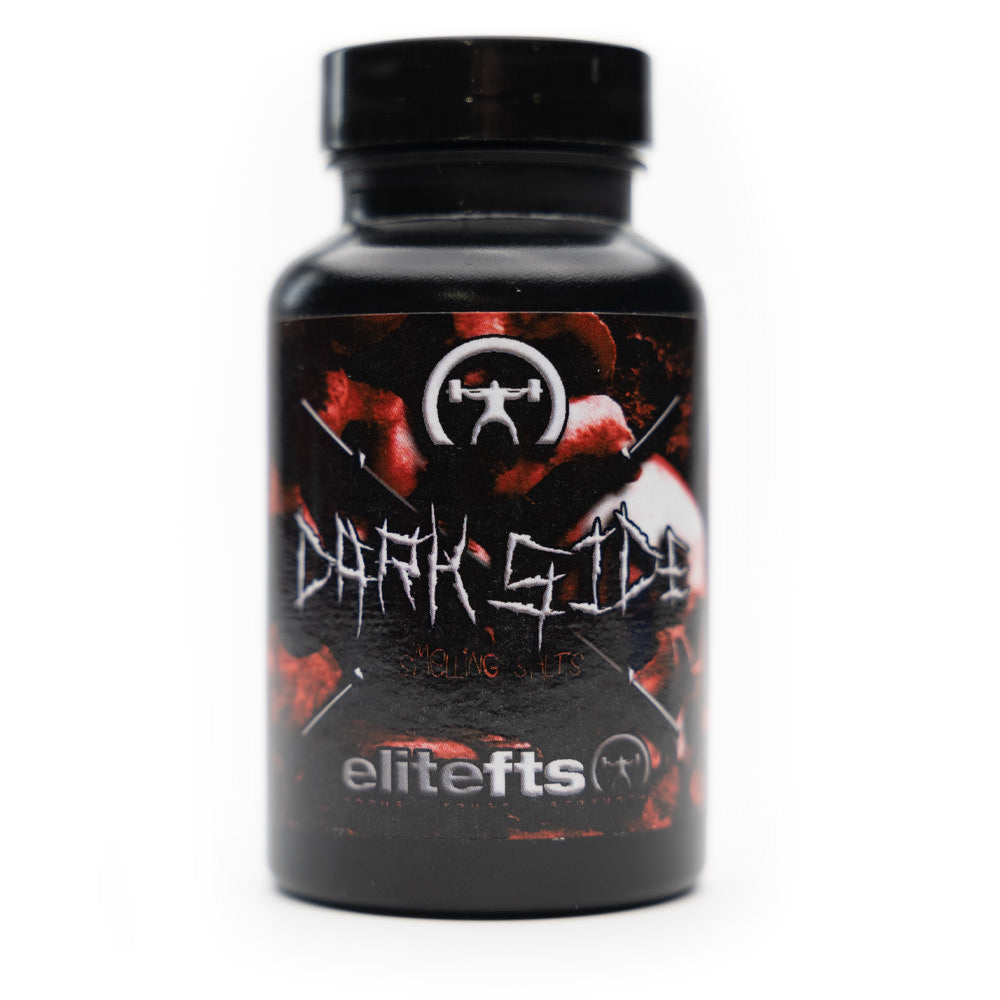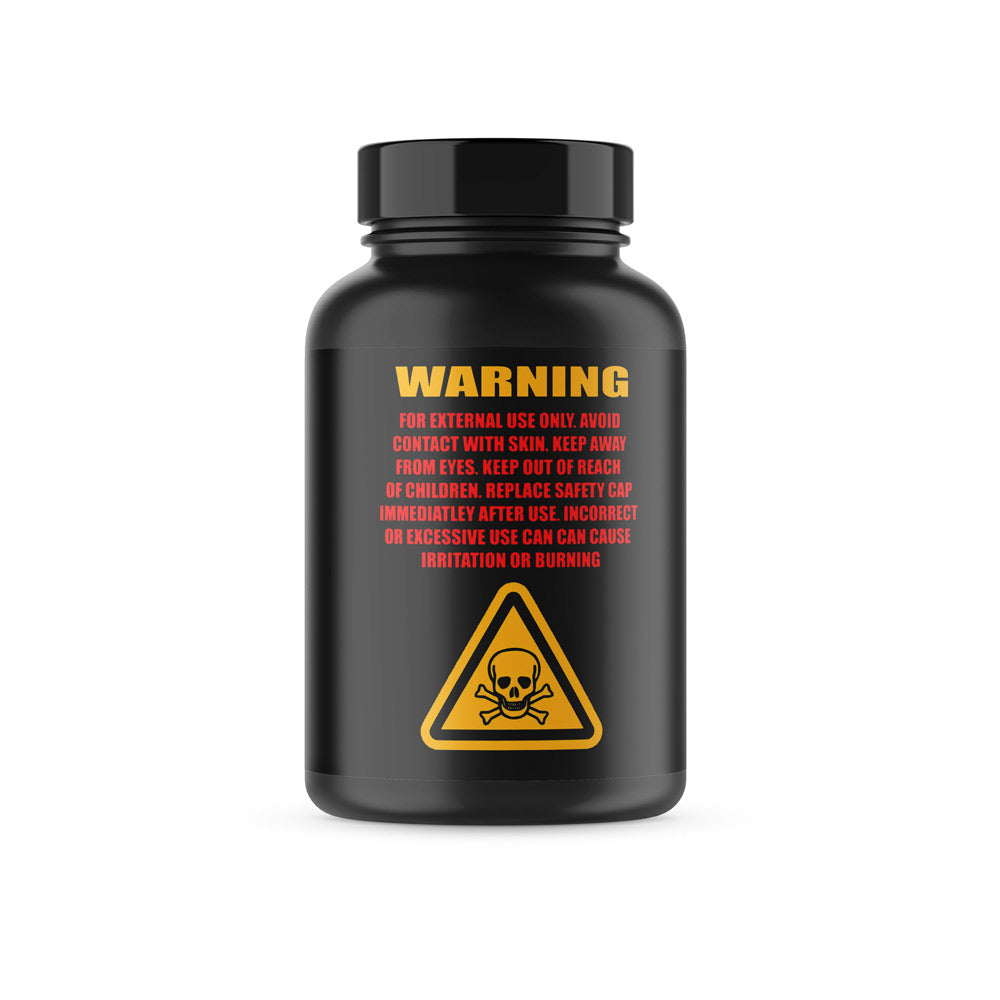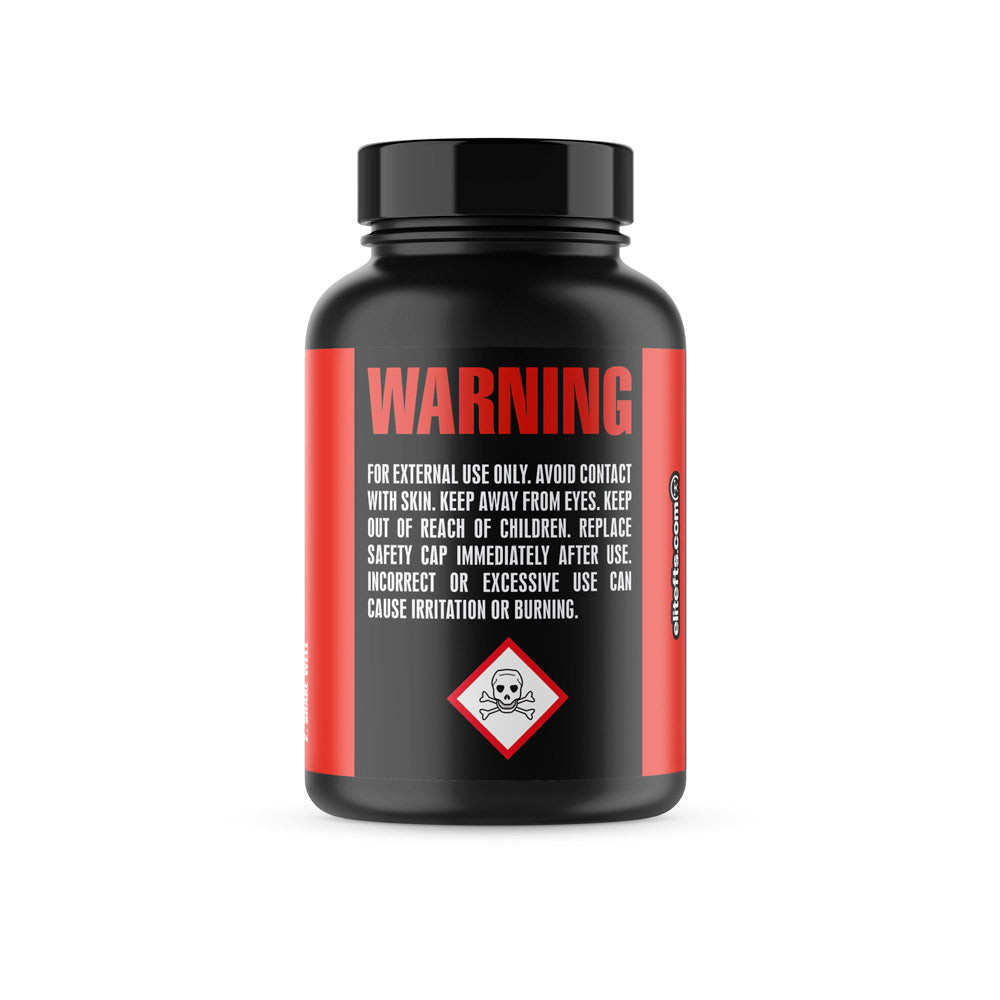I have sort of isolated myself this past year or two in my own garage gym. Still, I do get some time in commercial gyms and some smaller gyms more focused on strength. I hate to admit it but I also still get some exposure to social media. There are so many times I want to ask people why they train.
I know I am insane and over the top. I know I am intense as hell when it comes to training, but really, why expel so much energy all over the place when you could focus it? There should be a purpose to training no matter what type of training it is. There should be a goal. It just irritates me. Really it’s none of my damn business how people want to train or work out, but all I see is wasted potential. I see lifters putting in a lot of work and effort but not getting the kind of return they should be. So I am an asshole, it's just my way!
Sometimes I get set off within minutes of lifters coming into the gym. It is almost as if lifters don't think training starts until the weight gets heavy. I've got news for these kinds of lifters: a training session starts right after the last one is finished. There has been a ton of great new information and a move to treat injuries in powerlifting. I am glad to see this movement because I am all for healing injuries as quickly as possible to allow the fastest gains in strength. Sometimes, though, I think lifters do not understand the full picture.
RELATED: Evolution of a Collegiate Warm-Up
I have seen lifters take 45 minutes to an hour doing all kinds of different modalities before ever touching a weight. Now, I know lots of lifters that have been in this sport for years and, simply put, they beat the hell out of themselves. I know for some of these people, this is just simply what it takes to be able to keep training because they have injuries that will never heal. They have done permanent damage and I understand their need to keep training.
What I do not get is these young lifters, who are fresh to the sport, acting like they been in it for 40 years. So many of them are missing the point. It is almost like they want to think they are these beat up lifters and they have to do all this just to lift because they are so hardcore. All these techniques and modalities were developed to heal injuries and to help prevent them from coming back. This means you do not just do them before lifting on training days. They need to be done regularly. It also means you do not have to keep doing them as much or as often once you get better. The idea is also to realize what caused these injuries and understand things you need to change to prevent them from coming back, meaning some of the exercises or modalities are to help heal and then you progress to different ones to help prevent their return.
Sometimes it just seems that people read or see someone do it so they try to just mimic it. It helps them feel less pain and get through a session, so they just keep doing it, never really taking the time to understand the concept of healing and then preventing the injury in the first place. They are perfectly content to continue doing the same things and just getting by, always dealing with that injury, like it makes them tough or something. Powerlifting is about strength, and injuries do not allow you to be your strongest. I am glad to see the attention given to injury healing and prevention. It is my hope that over time more lifters begin to understand the full scope. Some of these modalities are designed to help a lifter continue to train while healing the injury. Other ones are designed to help heal the injury. They still need to figure out what caused the injury and learn the ones that prevent it from happening again.
Finally, I begin to see lifters start their warm-ups and my irritation increases. It is well-known I am very much into technique and I have always preached that warm-ups are the perfect chance to work on it. I have always done most of my warming up with the actual lift I want to do. So if I am benching, I start my warm-up by benching. I understand some people need more warm-ups and I can see the benefit of doing different exercises to warm-up. I have actually started doing more of this myself, especially when injuries are involved. I have no problems with this.
My problem is when people act like a warm-up is just to warm the muscle and joints up, paying zero attention to their technique. Not only does this not help build strong technique but it also reinforces bad technique. It takes tens of thousands of reps to build solid technique, and every rep that's bad puts that perfect technique farther away — not to mention, it greatly increases the chance of injury.
So that same person that just spent an hour doing whatever modalities is now doing warm-ups with shitty technique and increasing the chance of making their injury worse. Doesn't make a whole lot of sense to me. I think it was Ernie Frantz that I first heard say, "Treat light weights like they are heavy and heavy weights like they are light.” For me, that saying always meant respect the weights when they are light and don't let the heavy weights get in your head. Too many lifters hurt themselves warming up because they are not paying attention to technique. They are loose, out of position, rushing everything, and trying to be super explosive when they are still cold. Warm-ups should have the same focus that is put on heavy weights. Warm-ups are part of training, not just something you have to do before training.
MORE: Stop the Madness! #SMEP Single Minute Exercise Prep
Once lifters start getting to their work weights, I still end up seeing little attention placed on technique or how the lift is performed. It seems the only important thing is if the lift is made. The gym is not a meet situation; it is where you are preparing to perform excellence at the meet. Yes, training is about getting stronger, and if you hit a PR that is great, because you are most likely getting stronger. There is more involved here, though.
It is about improving as a lifter and in powerlifting, it is about lifting the most weight you can. I understand some lifters are trying to get stronger for other sports, but again, it is not just about strength. They should be working on getting stronger, faster, and more explosive, while not doing anything to hinder their performance in the sport they are training for. So just like a powerlifter, they want to get as strong as possible with their time in the gym while minimizing the risk of injury as best possible. They want to keep the joints healthy, increase tendon and ligament strength, and be safe. This all goes back to training smart with solid technique.
Every lift performed should be looked at and analyzed, looking for technique flaws and weaknesses. Was the technique good or is there somewhere it can be improved? Never forget that technique has a huge effect on how much you can lift. If the technique faltered then why did it falter? Was it simply not paying attention? Is there a weakness that needs to be fixed? If so, what supplemental exercise will you incorporate to fix it and what max effort lifts can you bring in at later sessions to help? If a lift was slow or missed then why was this the case? Again, what was technique like and is there a weakness? Sometimes it is just from being tired by that point or it could just be a lifter's strength level that day. Still, that needs to be known. Training is not just about doing the reps and sets that your program says. It is not just about coming and putting in the physical work. If you are going to the gym and your goal is only to work really hard then you are just working out. If you go to the gym and you have a thought-out plan looking at everything to gain the most strength possible then you are training.
Now we come to the point where lifting is done in the gym and again I am irritated. I see so many lifters that spent so much time doing various modalities in the beginning just leave. They don't even go home to do something as simple as icing. This just solidifies my theory that they just do whatever is needed to get though training that day and really put no focus on actually healing or fixing the problem. No matter what you did in the beginning, you did a long hard training session, so it is very likely you put a ton of stress on whatever you were working on in the beginning. You can bet there is a lot of heat, inflammation, and increasing tightness in that area. I feel the period of time after training is just as important as the period of time before, if not more. One good thing I do see at this point in training is lifters paying attention to eating. But how hard is eating? Most people love doing that. Still, a lot of lifters hang out talking or whatever, and do not eat anything for a long while. Training is not just lifting; it is everything you do to get stronger. Lifting in terms of time is a small portion of the big picture when it comes to training.
Why are you training? What are your goals? I think these are questions we should ask ourselves quite often. Are we doing everything we can to achieve these goals or at least utilizing the time we can give to these goals in the best way possible? When one training session ends, the next one starts. Right then, you should begin thinking about the next session. What things do you need to work on and improve in that next session? What things can you do to best ensure it is a good session in the gym? What things can you improve on outside the gym to help your strength inside the gym?
Lifters spend a ton of time reading, watching videos, and doing all kinds of lifting-related things with social media. I can't imagine doing all that without hopes of improving and learning. Then I see these same people just go lift weights in the gym. I see lifters working hard, busting their ass in there, and putting a shit ton of physical energy into their lifting. That is definitely respectable, but at the same time, I see wasted potential. I see lifters that could be achieving so much more if they would just see the big picture.
The vast majority of the strongest people I ever lifted with were very intelligent. They knew it was more than just the physical struggle against the weight. They knew it was more than just the time in the gym. These lifters took every advantage they could and did all the extra work outside the gym to perform their best in the gym. I know for me, and I think most lifters would agree, the best part of training for strength is being in the gym and under the weights. I love that part of it and I do all the other stuff in order to make that part that much better. Lifting is great, but lifting more weight and making faster gains is better. It is all the other stuff that really optimizes strength gains. Stop working out, start training, and see how much your strength increases!












